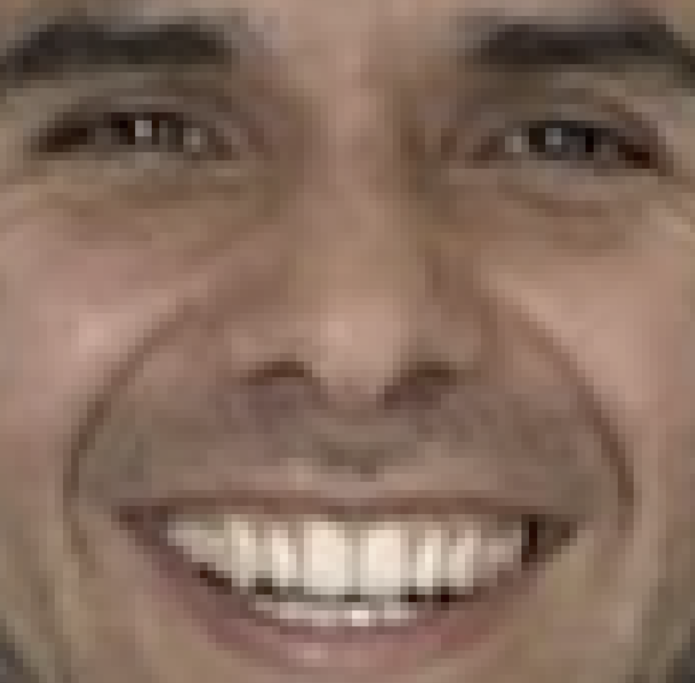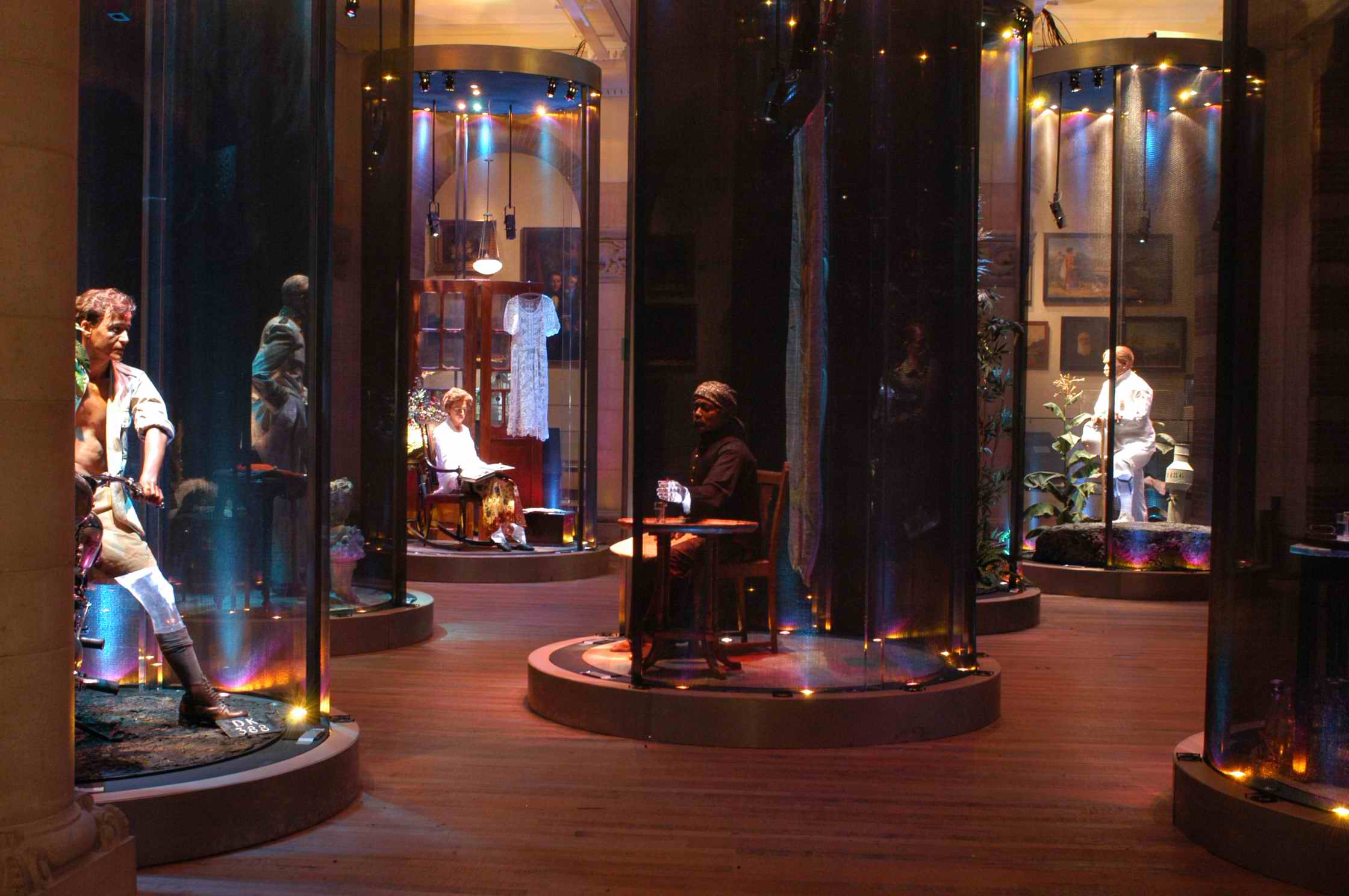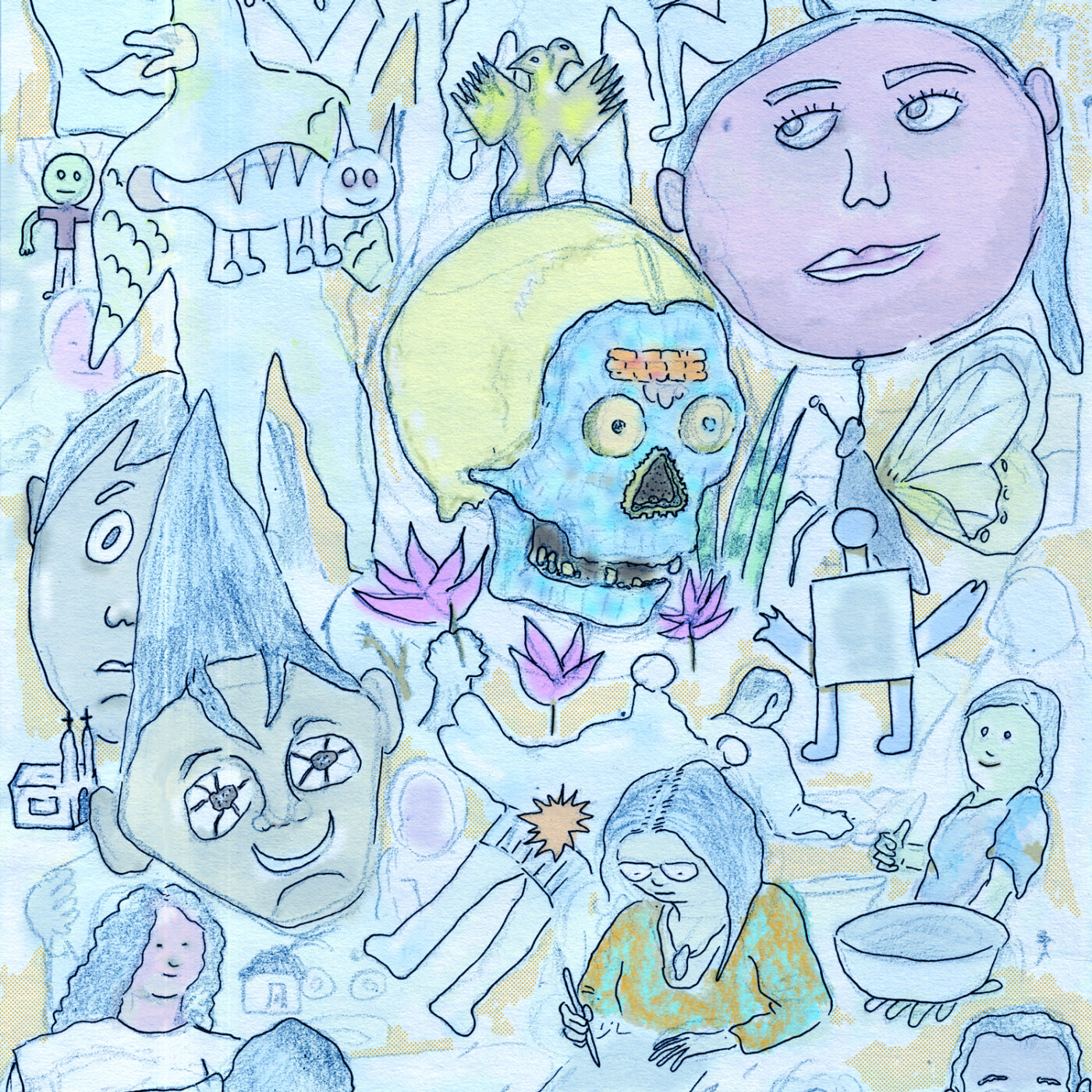 Illustration by Daniel Aguilar Ruvalcaba
Illustration by Daniel Aguilar Ruvalcaba 7 Nov 2023
18:00 - 20:00
Rematriation Rehearsals: On a Mesoamerican Skull Displayed in Leiden
Restitution of stolen or looted artefacts has been a growing topic within museums and the cultural sector. What can digital technologies such as 3D printing offer in tackling the issue of contested cultural heritage and how can communities be included in this process? Join us on 7 November 2023 for a collective conversation.
Museums worldwide house artefacts that have been unlawfully acquired, either through (colonial) looting, theft, or trafficking. While there have been efforts in increasing guidelines on provenance research and restitution, the process remains complex, sensitive, and not always leads to desirable outcomes. Recent developments in 3D printing might present innovative and global approaches to address these issues. By creating almost identical copies and presenting the same object in various ways, 3D printing shows potential to engage with original artefacts while at the same time ensuring critical dialogues on restorative and reparative justice remain.
To explore how 3D printing can renegotiate issues concerning contested heritage in museums, researchers Dr. Naomi Oosterman (Erasmus University Rotterdam), Liselore Tissen (Leiden/Delft University), and artist Daniel Aguilar Ruvalcaba (Rijksakademie / Pressing Matter) have been studying the possibilities and ethical considerations 3D printing can offer. Some of the social art practice provocations initiated by Daniel Aguilar Ruvalcaba – co-produced during his time as Pressing Matter artist-in-residence – have been the starting point of this conversation and provided the case central to this inquiry: an ancestral Mesoamerican human skull currently on display at the Wereldmuseum Leiden, the Netherlands (formerly known as Museum Volkenkunde).
Over the past months, Daniel Aguilar Ruvalcaba – along with poet Nadia Ñuu Savi and visual artist Mili Herrera – has co-facilitated visionary archaeology workshops with two Mixtec communities in Santa María Cuquila, Oaxaca (México) and Oxnard, California (USA), considering accessibility, co-creation, collaboration, and inclusion as main pillars during the process. During these workshops, children and young adults engaged with small 3D-printed skulls of the original ‘Leiden skull’ where they were introduced to the story of the skull and how it travelled from Mexico to the Netherlands.
To continue this communal effort and expand the story with the 3D-printed skull in the future through forms of imagination, speculation and care, the research team invites Mixtec scholars Lic. Izaira López Sánchez (The Americas Research Network), Dr. Omar Aguilar Sánchez (Universidad Autónoma Comunal de Oaxaca-The Americas Research Network) to hear their perspective on this discussion. The research team asks participants to join this conversation, exchange ideas, and from the South that resists in the North envision other possible worlds.

Programme
18:00-19:00h Introduction to the topic and presentations:
Dr. Naomi Oosterman: A skull with multiple narratives
Dr. Omar Aguilar Sánchez: Reappropiation of the cultural memory of the Ñuu Savi
Izaira López Sánchez: The challenges of repatriation of our ancestors in the Ñuu Savi
Daniel Aguilar Ruvalcaba: On visionary archeology
Liselore Tissen: The digital afterlife of the skull: ethical considerations & role of museums
19:00 Interactive audience discussion
19:30 Celebremos el Día de los Muertos! Including snacks and drinks
20:00 Closure
About Pressing Matters
Pressing Matter investigates the potentialities of ‘colonial objects’ to support societal reconciliation with the colonial past and its afterlives, and to deal with conflicting claims by different stakeholders for these objects within museums. The project will connect fundamental theories of valuation and property to postcolonial debates on heritage to these societal debates and aims to develop and test, first, new theoretical models of value and ownership and, second, new forms of return that address but move beyond current approaches to heritage restitution, while developing a theory of object potentialities grounded in the entangled, multipolar histories in which colonial objects were collected, kept and made meaningful.
This event emerged from a larger research project entitled 3D reproduction methods in contested heritage, award granted by the LUCDH to Liselore Tissen, Leiden University/Delft University and Dr. Naomi Oosterman, Erasmus University Rotterdam.
Special thanks for the support provided by Rijksakademie van Beeldende Kunsten to hold this event.
Further reading
Errant Journal #5, Learning From Ancestors. Epistemic Restitution and Rematriation, 2023.
L.N.M. Tissen, 3D Printing and the Art World: Current Developments and Future Perspectives. Advances in 3D Printing, IntechOpen, 3 May 2023. Crossref, doi:10.5772/intechopen.109107.
- Wereldmuseum - Leiden
- Pressing Matters - Ownership, Value and the Question of Colonial Heritage in Museums
- Rijksakademie van Beeldende Kunsten - Amsterdam
- RCMC - Research Centre for Material Culture
Links
Contested Heritage / Shared Heritage / Colonial history / Museology /
Exhibitions
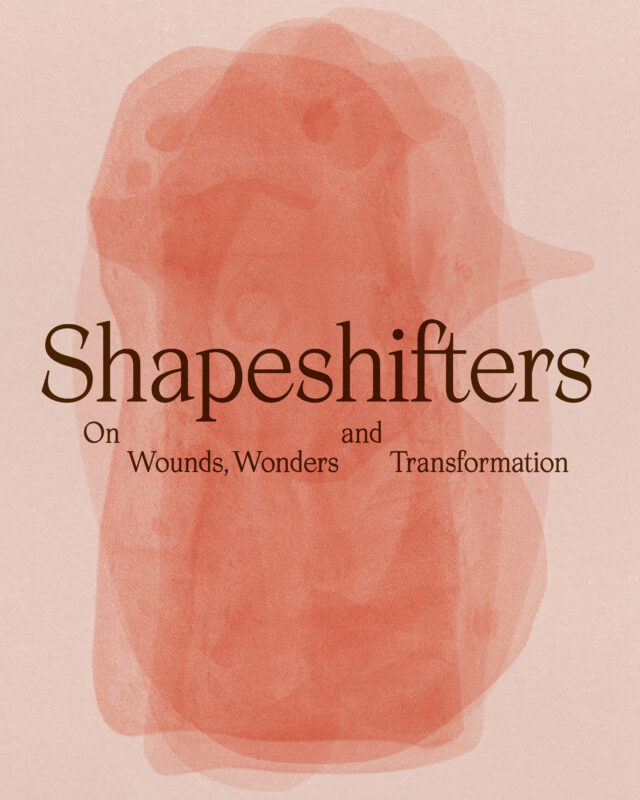
Exhibition: Shapeshifters
A group exhibition examining how colonialism has shaped museums, archives and other institutions of knowledge
Agenda
Symposium: Shapeshifters
Day-long symposium addressing the ethical and cultural implications of collections built through colonial looting and exploitation
Network

Omar Aguilar Sánchez
Researcher
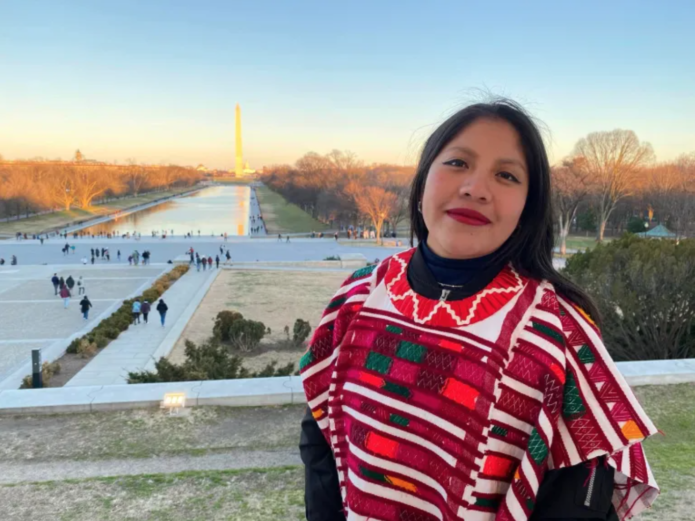
Izaira López Sánchez
Activist

Liselore Tissen
Scholar
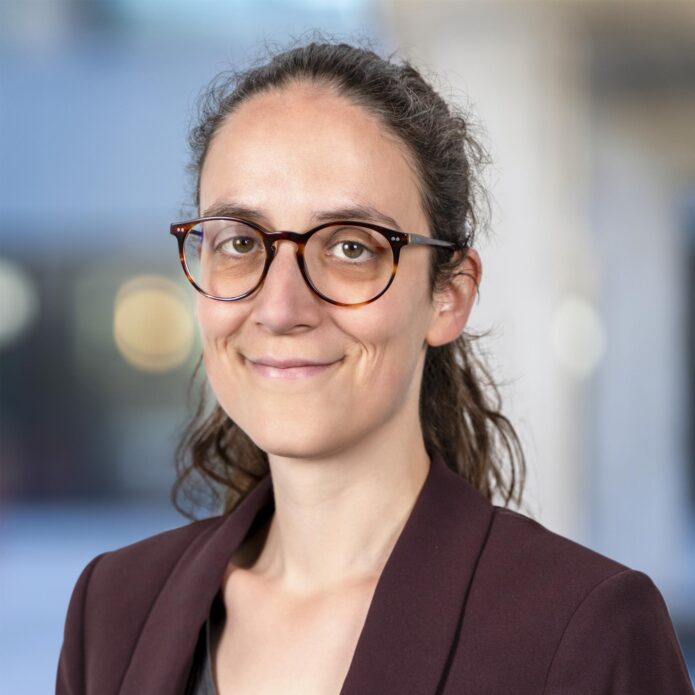
Naomi Oosterman
Scholar
